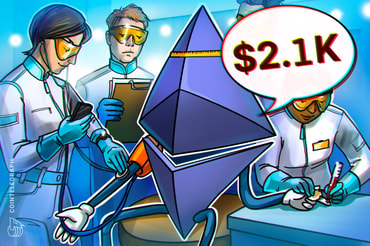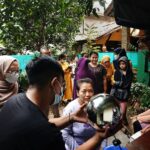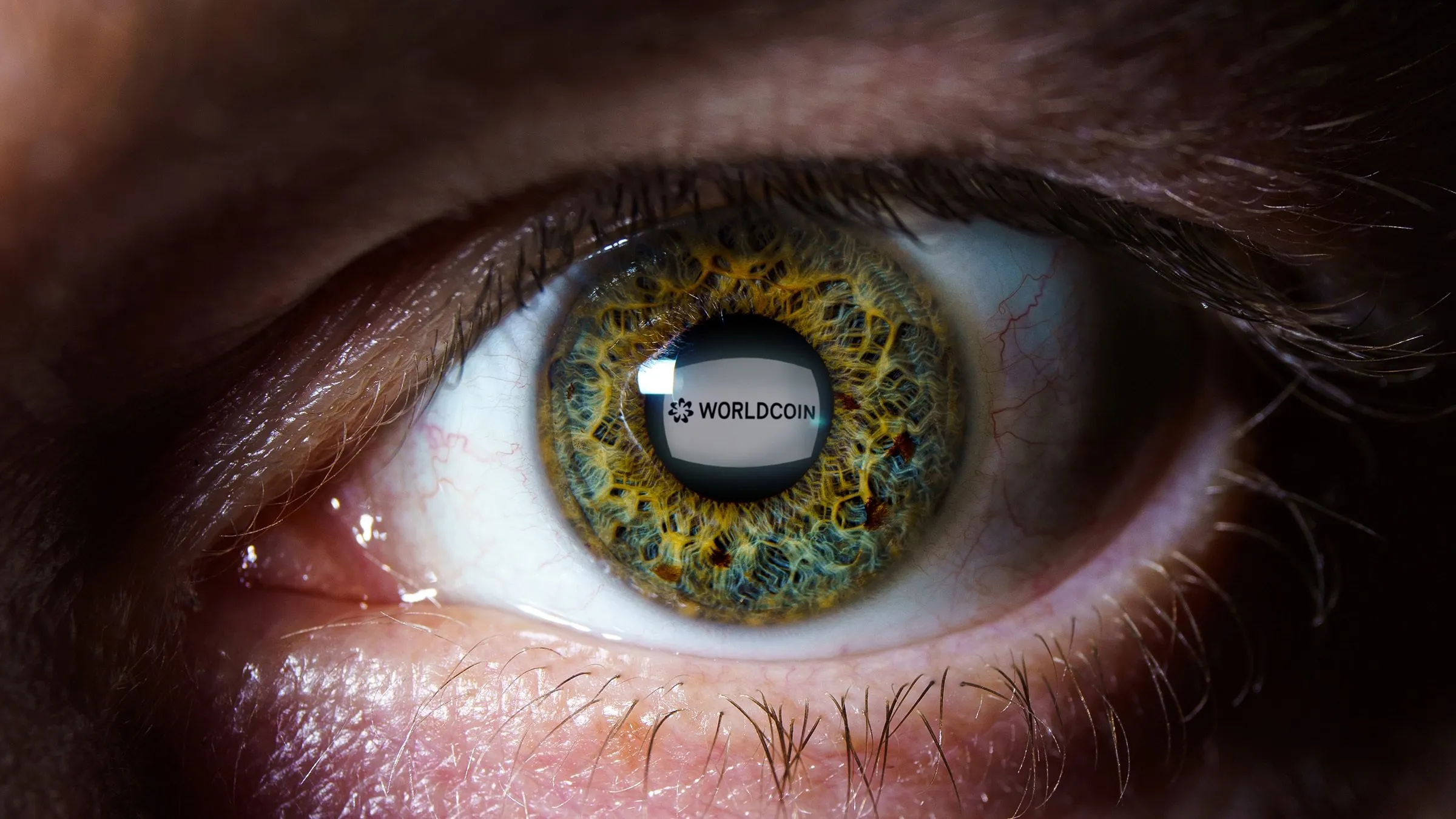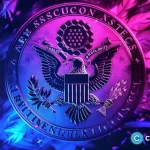Altman’s eye-scanning crypto project launches in US: is this the future of human identity?
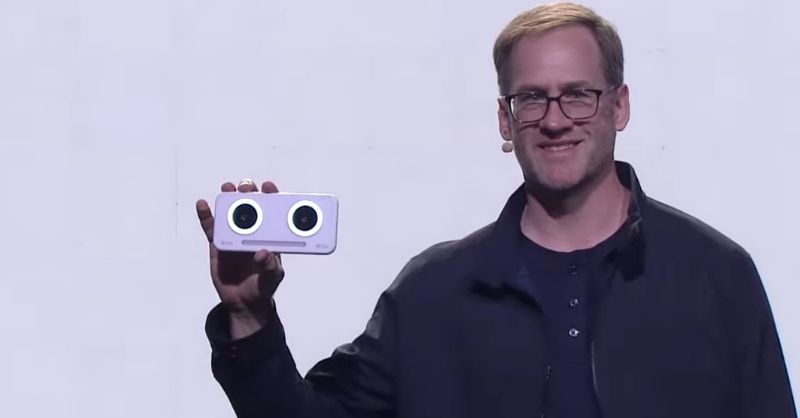
Worldcoin Orb Mini, the newest device from Tools for Humanity, launched this week at the “At Last” event in San Francisco.
Built to verify personhood in anAI-drivendigital world, the pocket-sized device scans irises to create a uniqueblockchainID. As online spaces become increasingly challenging to navigate, the Orb Mini offers a timely tool to verify whether someone is genuinely human. Its purpose is clear: to help millions verify their identity online quickly, securely, and from anywhere.
The new device builds on World’s original Orb system, compressing its powerful verification tech into a sleek, mobile format.
The Orb Mini is the latest release from Tools for Humanity, co-founded byOpenAICEO Sam Altman andAlex Blania.
Blania, a physicist and industrial engineer from Erlangen, Germany, studied at Friedrich-Alexander-Universität before relocating to Silicon Valley, where he met Altman. Their collaboration began with a shared concern about preserving human trust in an AI-driven world.
Worldcoin, branded initially as World, was born from this idea. The team now aims to build a scalable system that verifies humanity – no passwords, no friction, just a scan. Chief Device Officer Rich Heley, a former Apple director, revealed the Orb Mini on stage. Designed in collaboration with ex-Apple designer Thomas Meyerhoff, the device has the familiar silhouette of a smartphone but features two large eye-scanning sensors on the front.
Tools for Humanity has raised a total of $194 million over three funding rounds. Investors include Blockchain Capital, backed by a16z Crypto, Bain Capital Crypto, and Distributed Global. These investors actively support decentralised technologies and have previously backed leading names in the Web3 and blockchain space.
The company is now launching its World Network in the U.S., starting with stores in Austin, Atlanta, and other major cities. New storefronts in Los Angeles, Miami, Nashville, and San Francisco will follow, making human verification more accessible nationwide. Each location will let people scan their irises using either the full-size Orb or the portable Orb Mini device. To date, over 26 million people have signed up worldwide, with 12 million having completed verification, primarily in Latin America and Asia.
This U.S. rollout marks a significant step toward expanding biometric verification into Western markets, where online identity trust is becoming increasingly vital.
Though primarily an identity verification device, the Orb Mini could have broader uses. After the launch, Blania revealed it may eventually become a mobile point-of-sale device. Tools for Humanity may even license its sensor technology to manufacturers for use in other products. This will allow embedding human verification across devices and services.
The company has not yet confirmed if the Orb Mini will feature any artificial intelligence integrations. Likewise, there’s no word yet on a formal partnership with Altman’s other venture, OpenAI, though the connection remains a possibility.
For now, Tools for Humanity pursues a single mission: to build trustworthy, scalable systems that prove you’re human and not an AI. With AI-generated content on the rise and bots blending into every online experience, that mission feels more urgent than ever.

Published on Other News Site








